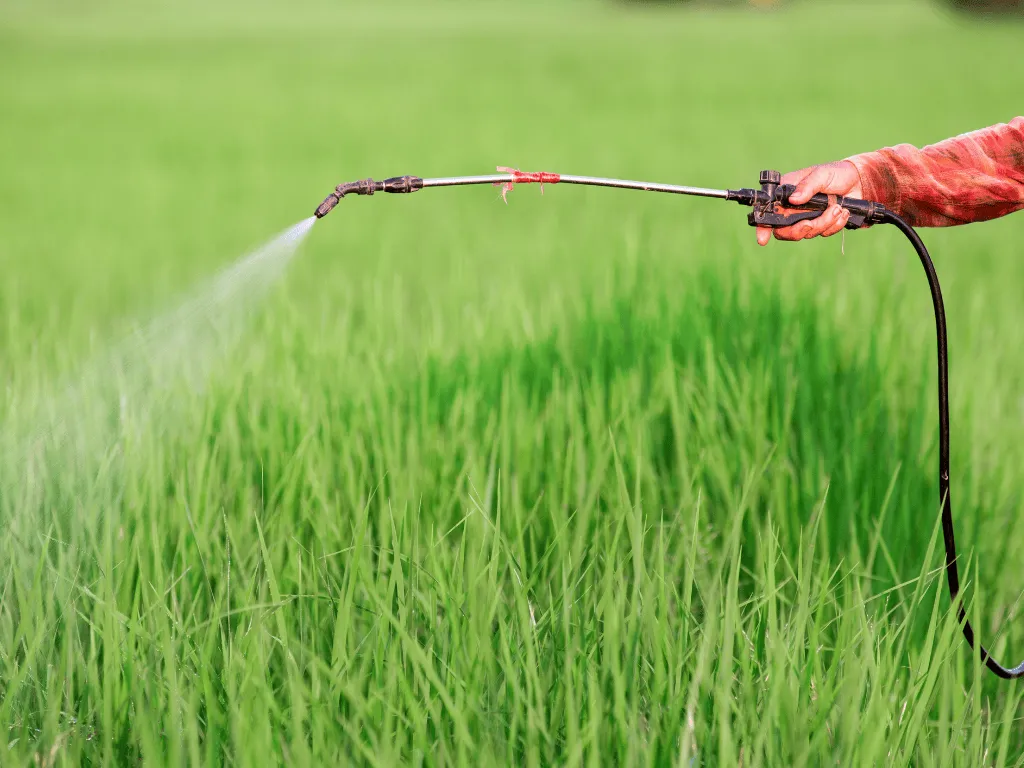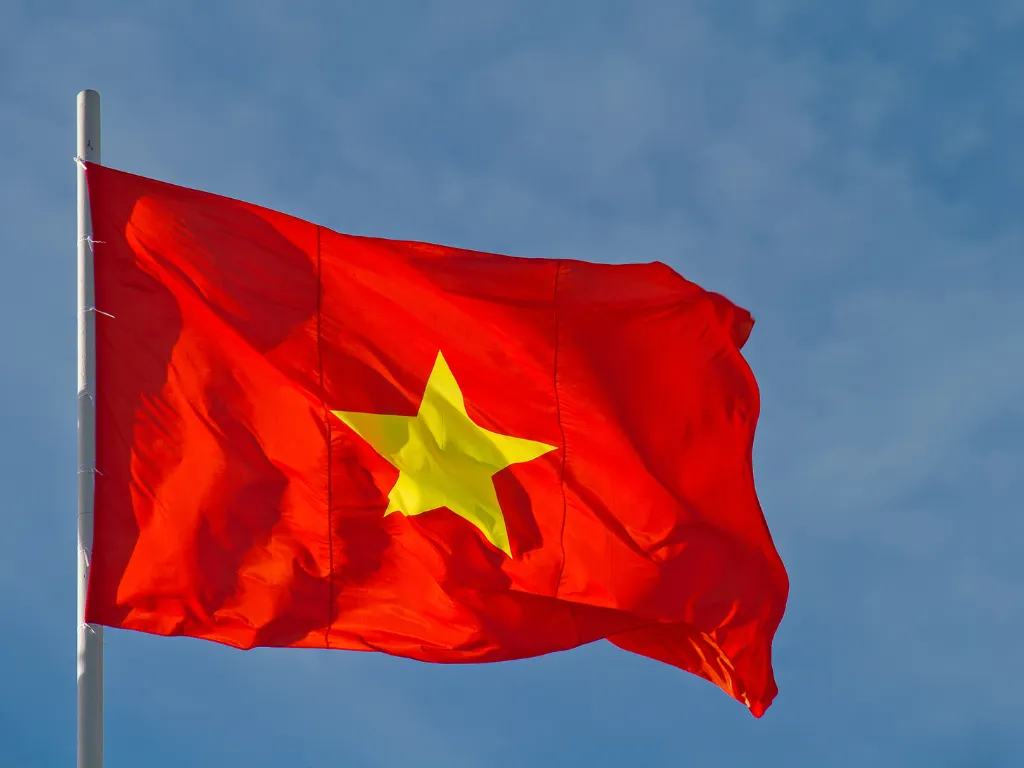- Home
- GPC Vietnam
Vietnam - Home
Login
Forget Password
News

Vietnam Tables 2025 Circular Updating Permitted and Banned Plant Protection Products
Oct-22-2025
On 20 October 2025, Vietnam notified the WTO of a draft Circular updating the List of Permitted Plant Protection Products and the List of Banned Plant Protection Products. The draft, prepared by the Plant Production and Protection Department (PPPD) under the Ministry of Agriculture and Environment, includes the Circular and two annexes:
- Annex 1: List of Permitted Plant Protection Products in Vietnam
- Annex 2: List of Banned Plant Protection Products in Vietnam
Adoption and publication are proposed for 15 December 2025, with entry into force 45 days thereafter. Stakeholders may submit comments until 19 December 2025 via the Viet Nam SPS Notification Authority and Enquiry Point.
Scope, Legal Basis, and Structure
The draft cites the Law on Plant Protection and Quarantine (2013) and Decree 35/2025/ND-CP on ministerial functions. It will replace the current lists once effective. Texts are available in both Vietnamese and English via the WTO SPS portal.
Key Updates
New active ingredients (16). Additions to the permitted list are: Ivermectin; Capsaicin; Streptomyces misionensis; Bacillus siamensis; Fluopimomide; Allicin; Dicloran; Cupric nonyl phenolsulfonate; Florylpicoxamid; Pyrisoxazole; Imazalil; Saflufenacil; Fluroxypyr; Cholecalciferol; S-Abscisic acid; Flumetralin.
The draft also introduces new formulated products containing existing actives and mixtures already listed.
Permitted list - headline counts (Annex 1).
- Insecticides: 895 actives / 2,194 trade names
- Fungicides: 840 actives / 1,957 trade names
- Herbicides: 312 actives / 994 trade names
- Rodenticides: 9 actives / 73 trade names
- Plant growth regulators: 67 actives / 206 trade names
- Additional categories (e.g., seed treatments, post-harvest preservatives) are itemized by product and use.
Banned list—structure (Annex 2). Consolidated prohibitions include 23 insecticide/wood-preservative actives, 6 fungicide actives, 1 rodenticide, and 1 herbicide, aligning with long-standing restrictions on legacy chemistries.
Transitional Provisions
The draft sets phase-out rules for specific carbamates from the Circular’s effective date, including:
- Carbosulfan: production permitted for 3 months; sale/use for 2 years; imports prohibited.
- Benfuracarb: production/import allowed for 3 months; sale/use for 1 year.
The SPS notice provides the submission channel (Viet Nam SPS Notification Authority and Enquiry Point) and links to the Vietnamese and English versions of the draft.

Vietnam Tables Three Draft Decrees to Implement New Chemicals Law
Oct-03-2025
On 2 October 2025, the Ministry of Industry and Trade (Vietnam Chemicals Agency) notified to the World Trade Organization (WTO) three coordinated draft decrees to implement the Law on Chemicals No. 69/2025/QH15. Together they establish: (1) policy and planning for chemical-industry development and chemical safety–security; (2) operational rules for chemical activities and for hazardous chemicals in products and goods; and (3) consolidated annexed lists of managed chemicals that trigger licensing, declarations, training, and emergency-planning duties.
Decree 1: Chemical-Industry Development and Chemical Safety–Security
Scope and structure. Spanning eight chapters and 44 articles, this
decree translates high-level policy into practical levers for planning,
approving, and supervising chemical projects. It defines national strategy
processes, assigns roles across central ministries and provincial authorities,
and sets expectations for professional consultancy, training, emergency
preparedness, and security.
Core policy mechanisms
- Planning and siting: Project approvals tied to safety-distance and spatial-risk
criteria; layouts that fail separation standards must be redesigned.
- Green-chemistry
integration: Technology selection, feedstocks, and process design must
evidence pollution prevention, safer alternatives where feasible, and
energy/resource efficiency.
- Data and oversight: Periodic reporting into a national chemicals database to
support supervision, benchmarking, and policy review.
Decree 2: Management of Chemical Activities and Hazardous Chemicals
in Products/Goods
Scope and structure. Organized into five chapters and 32 articles, this
decree governs lifecycle controls for production, trade, storage, and use, and
extends explicit oversight to hazardous chemicals contained in finished goods—aligning
industrial regulation with market surveillance.
Operational mechanics
- Licensing and
declarations: Risk-proportionate conditions (fit-and-proper, facility
controls, competence, recordkeeping) tied to the national lists.
- Digital
administration: Applications, renewals, declarations, and incident
reporting handled via a centralized platform with standardized identifiers
(e.g., CAS/HS) and supply-chain traceability.
- Inspections
and enforcement: Risk-based scheduling prioritizing higher-hazard
processes and operators with adverse histories; measures aimed at
preventing loss/misuse or diversion (including to narcotics or weapons).
- Incident
prevention and response: Formal accident-prevention and emergency-response
plans required where listed chemicals and thresholds apply.
- Products and
goods: Importers, manufacturers, and distributors must maintain evidence
files (composition, safety data, conformity evidence) and cooperate with
targeted checks and corrective actions.
Decree 3: Consolidated Lists of Chemicals (Annex System)
Purpose of the annexes. The companion decree publishes five annexes that
anchor obligations across the regime:
- Annex I:
Basic chemicals in prioritized sectors (strategic planning focus).
- Annex II:
Chemicals under conditional production and trading (licensing and competence
triggers).
- Annex III: Special-control
chemicals (heightened security, handling, and reporting).
- Annex IV:
Chemicals requiring a Chemical Accident Prevention and Response Plan
(threshold-based emergency-planning duties).
- Annex V: Recognized
training disciplines (qualification standards for chemical-safety roles).
Timeline and Outlook
Public comments to the WTO are open until 16 November 2025 and authorities are moving on an accelerated but synchronized schedule. The three decrees are expected to be adopted together on 1 December 2025 and to take effect on 1 July 2026, ensuring that policy, operational controls, and annexed lists align from day one.
For industry, this means a predictable transition to a lifecycle-based system that links spatial risk, licensing and declarations, product oversight, and digital reporting, while setting clearer expectations for competence and emergency readiness.
Login
Forget Password
Global Product Compliance (GPC) specializes in Global Regulatory Compliance Solutions across sectors
globally. SSS Europe, a familiar name in chemical regulatory and compliance services now formally belongs
under the umbrella of GPC Holding Sweden.
Since 2008, we have emerged as one of the leading names among Global Regulatory Compliance Service
Providers with Representation services in Europe, Asia and Middle East for respective chemical
regulations.

 Twitter
Twitter
